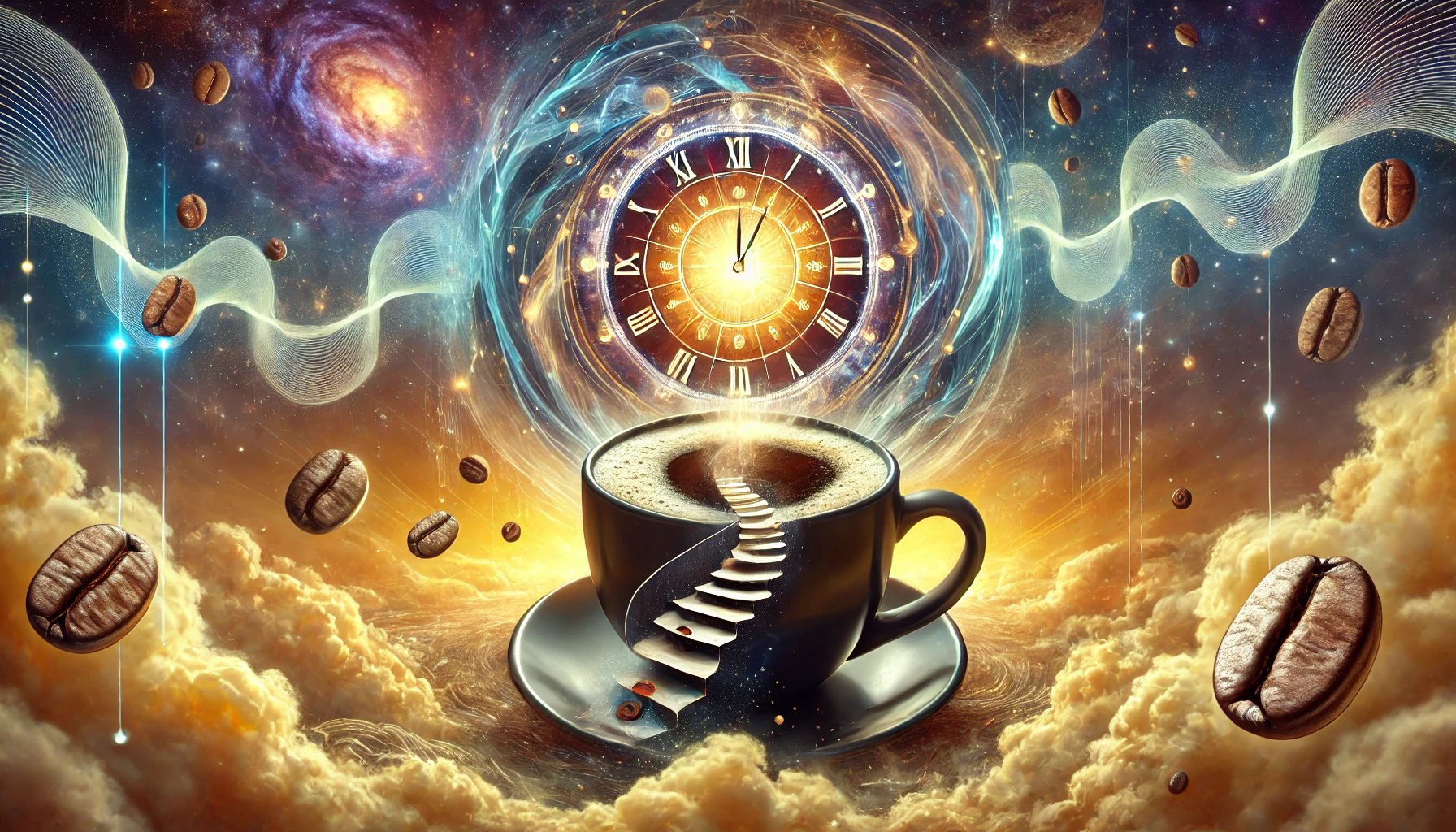Coffee is a beloved ritual for millions worldwide. That first sip in the morning feels like a warm embrace, promising alertness and focus. But what if drinking coffee right after waking up isn’t the best choice? Science suggests that timing your coffee intake strategically can maximize its benefits, reduce energy crashes, and even improve sleep quality. Understanding how caffeine interacts with our body’s natural rhythms is key to making the most of your daily cup.
Why You Shouldn’t Drink Coffee Immediately After Waking Up
When you wake up, your body naturally experiences a surge in cortisol, the so-called “stress hormone” that plays a crucial role in alertness and wakefulness. This cortisol peak happens about 30 to 45 minutes after waking as part of your circadian rhythm, your body’s internal clock. It’s your system’s natural way of getting you up and ready for the day.
If you drink coffee immediately upon waking, you’re consuming caffeine when your body is already in a heightened state of alertness. This can lead to two problems:
- Reduced effectiveness of caffeine: Since your body is already producing cortisol to wake you up, caffeine’s stimulating effects may not feel as strong. Over time, this could lead to increased caffeine tolerance, meaning you’ll need more to achieve the same level of alertness.
- Potential cortisol disruption: Drinking caffeine while cortisol is already high might interfere with its natural production cycle. This can throw off your body’s hormonal rhythms, possibly making you feel more sluggish later in the day.
Instead of reaching for coffee immediately, try waiting 60 to 90 minutes after waking up before having your first cup. This allows your cortisol levels to peak naturally, so caffeine can provide an energy boost when your wakefulness starts to dip.
Understanding Caffeine’s Half-Life and Its Impact on Sleep
Caffeine isn’t just a quick jolt—it lingers in your system for hours. The average half-life of caffeine is about 5 to 6 hours, meaning that half of the caffeine you consume remains in your bloodstream after this period. For example, if you drink a cup of coffee at noon, half of its caffeine content is still in your system around 5 or 6 p.m., and a quarter remains even later.
This lingering effect can be problematic if you consume coffee too late in the day. Even if you don’t feel wide awake after an afternoon cup, the residual caffeine can still interfere with sleep by reducing the amount of deep, restorative sleep you get at night. To avoid sleep disturbances, it’s best to stop drinking coffee at least 6 to 8 hours before bedtime. If you typically go to bed at 10 p.m., consider making 2 or 3 p.m. your coffee cutoff time.
Optimal Coffee Timing for Sustained Energy and Focus
To align your caffeine intake with your body’s natural energy fluctuations, consider this schedule:
- First coffee of the day: Wait 60 to 90 minutes after waking before drinking coffee. If you wake up at 7 a.m., aim for your first cup around 8:30 to 9 a.m.
- Second coffee (if needed): If you feel a midday slump, the best time for a second coffee is late morning to early afternoon, around 12 to 2 p.m. This helps sustain alertness without interfering with nighttime sleep.
- No coffee after 2-3 p.m.: Avoid caffeine intake too late in the day to prevent sleep disruptions. If you need a pick-me-up in the evening, opt for non-caffeinated alternatives like herbal tea.
Additional Factors to Consider
While these general guidelines work for most people, individual factors like genetics, metabolism, and caffeine sensitivity can alter how coffee affects you. Some people metabolize caffeine quickly and can handle a later cup without sleep problems, while others are more sensitive and should cut off caffeine even earlier.
Additionally, consider pairing coffee with food rather than drinking it on an empty stomach. Consuming caffeine on an empty stomach can sometimes lead to jitteriness, acid reflux, or an upset stomach. A small breakfast or snack can help buffer these effects.
Conclusion: Make Coffee Work for You
Coffee isn’t just about waking up—it’s about strategically enhancing alertness and focus while avoiding the downsides of caffeine dependence and sleep disruption. By waiting 60 to 90 minutes after waking for your first cup, stopping caffeine intake at least 6 to 8 hours before bed, and aligning coffee consumption with natural energy dips, you can make coffee work for you.








